Portuguese Psychoanalytic Society
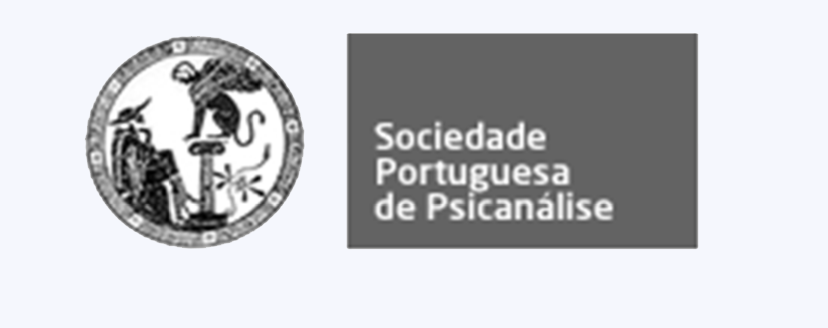
The Portuguese Psychoanalytic Society (Sociedade Portuguesa de Psicanálise – S.P.P.) was formed as a scientific Society in 1973. Its founders were Francisco Alvim, Pedro Luzes and João dos Santos who, as the first explorers of the psychoanalytic world, had to traverse very rough seas and encountered many storms.
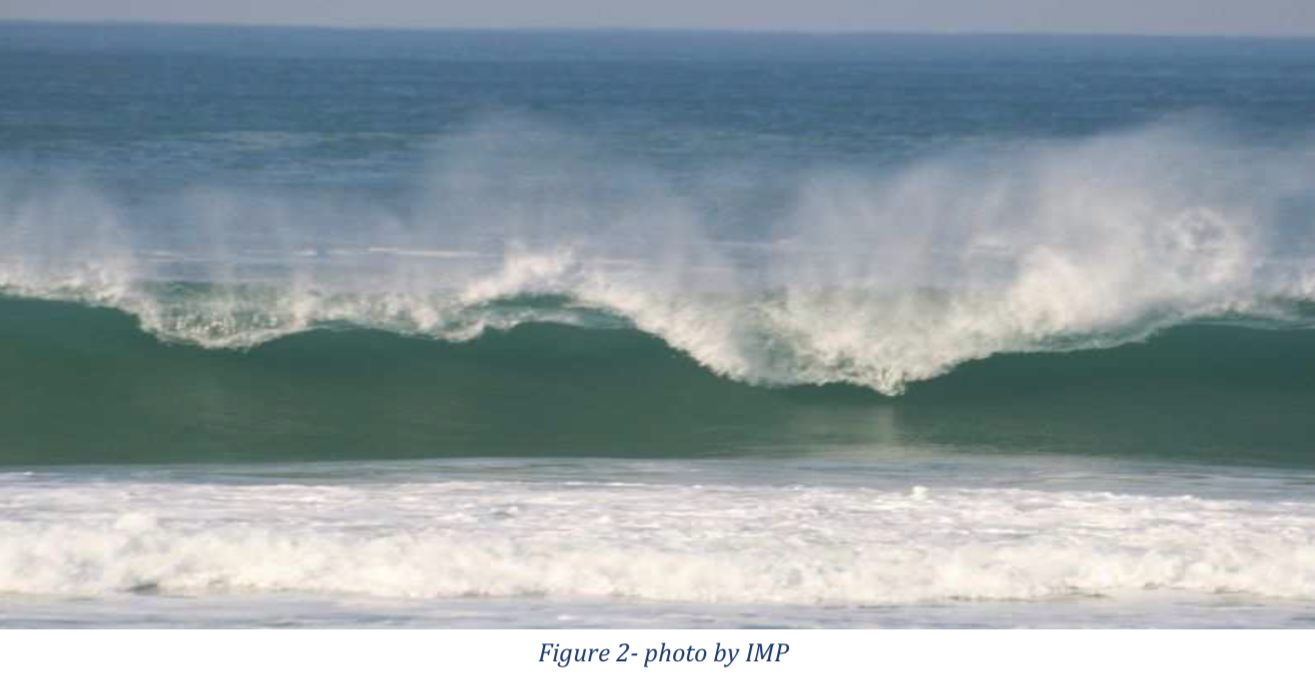 In a political era in Portugal in which the right of association was very controlled, the Portuguese group had to confront and overcome many obstacles. It has been a long path to the present and, as with all groups, it has been through a great deal of change, and there has been continuous fine-tuning. Currently the Portuguese Psychoanalytic Society is comprised of 18 titular members, 69 associate members, 135 candidate members, 3 honorary members and 1 retired member.
In a political era in Portugal in which the right of association was very controlled, the Portuguese group had to confront and overcome many obstacles. It has been a long path to the present and, as with all groups, it has been through a great deal of change, and there has been continuous fine-tuning. Currently the Portuguese Psychoanalytic Society is comprised of 18 titular members, 69 associate members, 135 candidate members, 3 honorary members and 1 retired member.
Over the last 10 years, after a split, the Society has developed an extensive process of internal reflection, involving all members, in a climate of great openness, which consolidated its foundations and promoted better communication and participation from all members. Within the scope of the reflection process that the S.P.P. promoted, a forum regarding training was created, with the introduction of models approved by the IPA.
In the light of the Forum’s results, the then President of the S.P.P. proposed the change to the French model to the Education Committee of the IPA – which was approved in July of 2011, at the I.P.A Congress – and continues to be the model used today. The scope of training for the S.P.P. is of both an internal (for candidates and members) and external (outreach activities) nature.
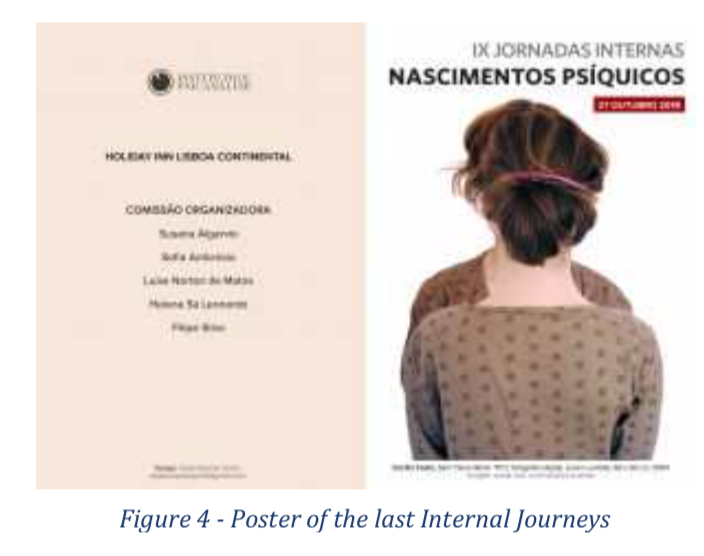 Annually an internal event is held (a Psychoanalysis Institute initiative) where scientific reports are presented around a theme and round tables are organised to discuss clinical cases and Clinical events at the initiative of the Porto Institute for Psychoanalytic Training and Therapy I.F.T.P
Annually an internal event is held (a Psychoanalysis Institute initiative) where scientific reports are presented around a theme and round tables are organised to discuss clinical cases and Clinical events at the initiative of the Porto Institute for Psychoanalytic Training and Therapy I.F.T.P
During the academic year, theoretical and clinical conferences are regularly held, either with psychoanalysts from the S.P.P. or with psychoanalysts from other associations, as well as Workshops with foreign guest speakers, where there is also time for clinical presentations.
The S.P.P. still holds tertúlias (informal discussion groups) – “Oedipus in Alexandria” – which are open to the public, which centre around the masterpieces of psychoanalytic literature, guided by a psychoanalyst and a non-analyst guest. 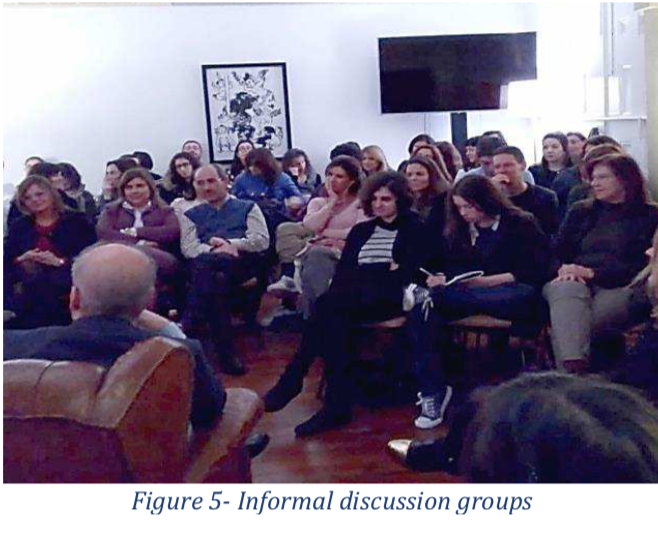
As a way of connecting with the public, the Association produces a blog – The Plague – where short articles covering the most varied of subjects are published but with the common factor of being interpreted through a psycho- analytical eye.
The Portuguese Psychoanalysis Magazine also plays an important role in the training of the members and in the communication of the S.P.P. with other countries. Founded in 1977, from 1985 it became a bi-annual publication. It contains work by Portuguese and foreign psychoanalysts, as it is oriented and open to scientific dialogue. Contributors include important names such as Howard B Levine, Franco Bogono, Judit Meszáros, David Levitsky and Virginia Ungar.
Early History of Psychoanalysis in Portugal
In the years following the establishment of the Republic (1910) interest and curiosity in psychoanalysis fell to a handful of neurologists. One of these doctors was the Portuguese Egas Moniz, Nobel prize winner for medicine in 1949, who, in the inaugural lesson of the neurology course in 1915, called the doctors to explore Freud’s thinking, calling attention to the contribution of this new psychology, which gave access to “the intimate mechanism of psychic phenomena”. Moniz, showing great interest in psychoanalysis, published, until 1925, various, diverse articles in the area of psychoanalysis and applied psychoanalysis. Other Portuguese neurologists followed his example, going against the dominant positivism in psychiatry of the time, and inspired by the understanding of psychopathology, in psychoanalytic terms.
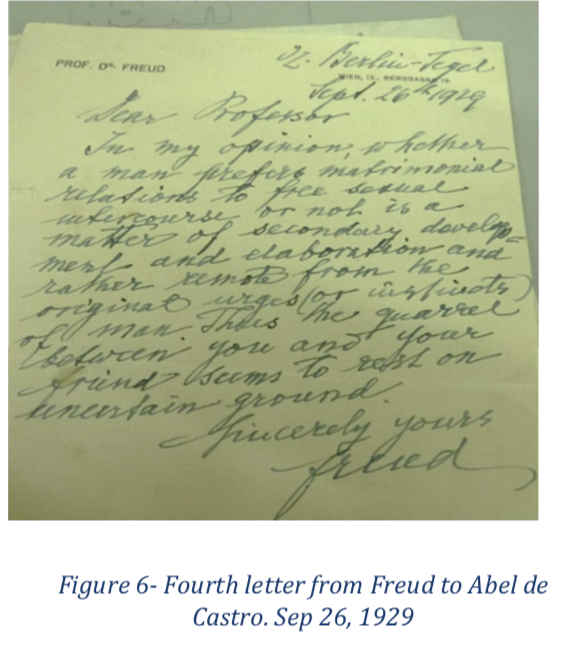 The curiosity in relation to psychoanalytic thinking wasn’t, however, limited to the field of medicine. Abel de Castro, a graduate of philosophical history (1900- 1947), formed a correspondence with Freud, between 1924 and 1929. These four letters from Freud, only discovered in the 1970s, today make up part of the legacy of the Portuguese Psychoanalytic Society.
The curiosity in relation to psychoanalytic thinking wasn’t, however, limited to the field of medicine. Abel de Castro, a graduate of philosophical history (1900- 1947), formed a correspondence with Freud, between 1924 and 1929. These four letters from Freud, only discovered in the 1970s, today make up part of the legacy of the Portuguese Psychoanalytic Society.
Despite not knowing the contents of the letters written to Freud by Abel de Castro, it is possible to deduce that the young man was seeking to confer with him concerning the theory and psychoanalytic technique explored in his book (Castro, 1927, “The appreciation of effort”) putting to Freud questions of a more personal nature, as can be seen in the letter published above. This is a legacy for which Portuguese psychoanalysts feel warmth and gratitude.
The 1950s and subsequent developments
Portuguese society in the 1950s found itself deeply suffocated, due to the control exercised by the dictatorial political regime that had established itself in Portugal in 1926, limiting freedom of expression, thought and association, hounding and imprisoning those who opposed the regime. Turning its back on Europe, Portugal remained isolated, with little contact with the outside world. This isolation extended to the scientific and academic fields. 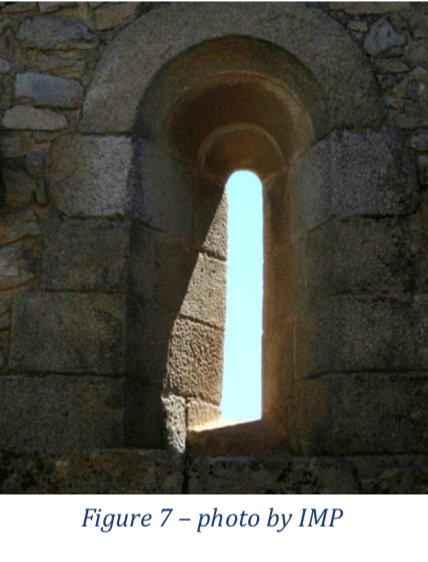
Maybe, however, this same oppressive and backward
regime also encouraged some young doctors to broaden
their horizons and to connect with new knowledge and
methods of treatments. Figure 7 – photo by IMP
The Portuguese psychoanalytic movement developed, therefore, in the 1950s, in a climate in which there were difficulties and, simultaneously, a desire for freedom.
Francisco Alvim and Pedro Luzes, encouraged by Diogo Furtado (a noted psychiatrist who also studied the work of Freud) travelled to Switzerland,where they found an atmosphere which was “very dynamic in the development of psychoanalysis” (Quinodoz, 2002), with Raymond Saussure at the centre of this intellectual dynamism since his return from the USA in 1952.
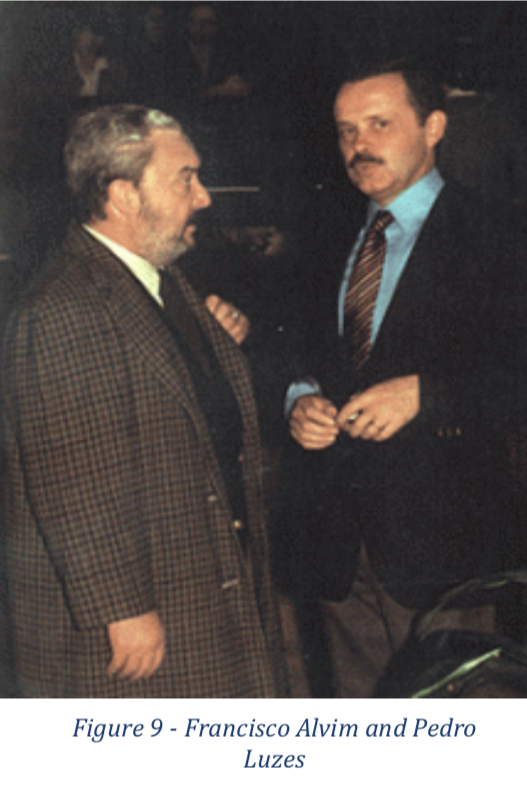
They began their training with the Geneva group, guided by Raymond Saussure and by other analysts, such as Michel Gressot and Marcelle Spira, with whom they underwent analysis, having both become members of the Swiss Psychoanalytic Association.
In Geneva they became acquainted with P. Boll and P. Folch, with they would go on to form the Sociedade Psicoanalítica Luso-Espanhola (the Portuguese/Spanish Psychoanalysis Society, recognised at the Paris Congress of 1957 as a Study Group, and two years later, accepted as a component Society at the Copenhagen Congress.
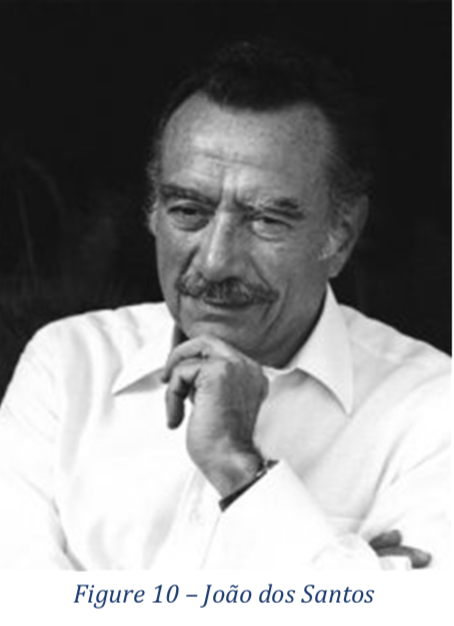 João dos Santos, who had completed his training in Paris, joined Alvim and Luzes, and became a member of the Luso-Espanhola Psychoanalysis Society.
João dos Santos, who had completed his training in Paris, joined Alvim and Luzes, and became a member of the Luso-Espanhola Psychoanalysis Society.
In 1966, the group of Portuguese studies was formed (after the split from the Iberian organisation), which in 1977 became a provisory society, and in 1981, at the Helsinki Congress, a component Society.
The April revolution of 1974, ending 40 years of dictatorship in Portugal, allowed a freedom of thought that would spread to all of Portuguese society. Psychoanalysis could then emerge from the psychoanalyst’s practice and into universities, psychiatric hospitals, infant and juvenile mental health and mother- infant clinics.
João dos Santos played a determining role in infant and juvenile mental health with the creation and management of a mental health service, in Lisbon, for infants and young people. His influence extended to the training of many psychologists, psychiatrists, pedagogy, maternal health and other important areas in mental health and education, having planted the seeds that are still bearing fruit today.
The different psychiatric services existing at the time were influenced by psychoanalytic thought, given that they included several psychiatrists who had been psychoanalysed.
The Portuguese group grew bigger at the end of the 1970’s, incorporating other psychoanalysts: Mário Casimiro, José Flores, António Coimbra de Matos, Jaime Milheiro, Maria Alice Malva do Vale, Maria Antonieta Palmeira, Celeste Malpique and Carlos Amaral Dias.
In this initial period the Society could count on the collaboration of a wide group of psychoanalysts, heavily weighted towards those from French origin, such as Serge Lebovici, Michel Soulé, Michel Fain, Didier Anzieu, André Green, René Diatkine, Daniel Widlocher, Annie Anzieu and Pierre Luquet, amongst others.
The Psychoanalytic Clinic. The Institute of Psychoanalysis.
The decision to create the Institute of Psychoanalysis in 1975 had as its objective the formation of a psychoanalytic clinic capable of serving the wider public, practicing psychoanalysis at reduced prices, the training of future psychoanalysts and scientific research.
The training of candidates to become psychoanalysts, throughout the 40 year history of the S.P.P., has been subject to changes and improvements. This training is coordinated by the Teaching Commission and organised by the Institute of Psychoanalysis and he Porto Institute for Psychoanalytic Training and Therapy. Being a tripartite training, at a theoretical and practical level, it requires frequent attendance and the study of four academic years, where obligatory and optional seminars are given.
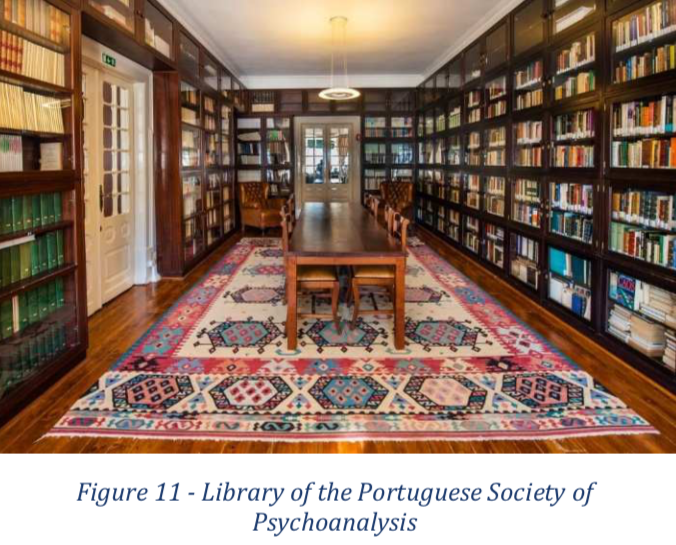 Most of the works studied in the seminars come from the S.P.P. Library, which possesses an archive of approximately 1700 books and 49 magazine collections, from subscriptions and exchanges and gifts. The works of psychoanalysis range from the classics to the contemporary, including representatives of different psychoanalytic schools. More recently the Portuguese Psychoanalysis Society received a donation to the library of psychoanalysis from the heirs of Pedro Luzes. The available titles can be consulted through the S.P.P. website.
Most of the works studied in the seminars come from the S.P.P. Library, which possesses an archive of approximately 1700 books and 49 magazine collections, from subscriptions and exchanges and gifts. The works of psychoanalysis range from the classics to the contemporary, including representatives of different psychoanalytic schools. More recently the Portuguese Psychoanalysis Society received a donation to the library of psychoanalysis from the heirs of Pedro Luzes. The available titles can be consulted through the S.P.P. website.
The training of child and adolescent psychoanalysis was a subject close to the heart of Pedro Luzes, who promoted the organisation of monthly seminars for more than a decade, with the collaboration of colleagues from other societies (Annie Anzieu, Florence Guignard, Jean Bégoin, Antonino Ferro, Didier Houzel and Donald Meltzer).
With the creation of the Committee de Psicanálise da Criança e Adolescente (COCAP/IPA) (The Committee of Psychoanalysis for Children and Adolescents) a specific training program was proposed to the I.P.A, which became part of S.P.P. training. This allowed 14 Portuguese psychoanalysts to also be recognised as child and adolescent psychoanalysts.
The Committee of the I.P.A deals with questions related to women and to the feminine from a psychoanalytic view (COWAP/I.P.A) and has had an active representation in the history of the SPP. Recently this subject has gained a new prominence through the work of a very dynamic, heterogeneous group. The Portuguese COWAP has also been participating in outreach activities, such as cinema festivals. Currently it is preparing to hold a COWAP Conference in Lisbon in 2019, with the title “The Feminine Within: Revisiting Bisexuality”
Within the scope of internal training, the S.P.P., in association with the Sociedade Psicanalítica Espanhola de Barcelona (The Spanish Psychoanalytic Society of Barcelona) and the Associação Psicanalítica de Madrid (The Psychoanalytic Association of Madrid) organises the Congresso Ibérico de Psicanálise (The Iberian Psychoanalytic Congress) every two years, on a revolving basis.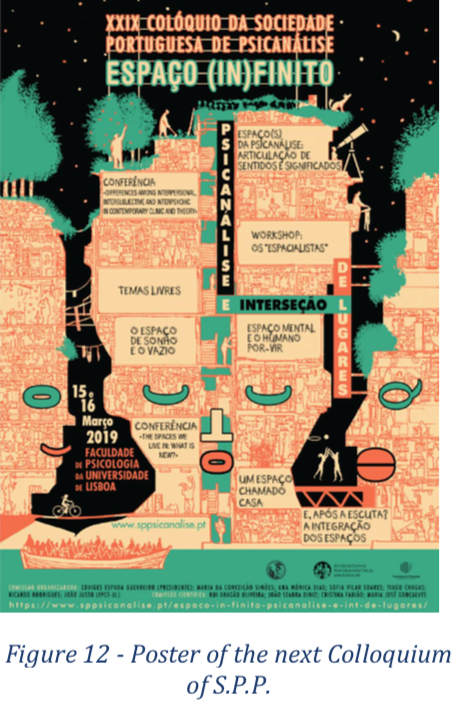
A Colloquium, wise- wide ranging in nature, is organised annually, where debate from the psychoanalytic perspective takes place, in dialogue with other areas of knowledge.
The intention of these Colloquia is to bring psychoanalysis in contact with the wider public, promoting an interdisciplinary dialogue.
Expansion and decentralisation
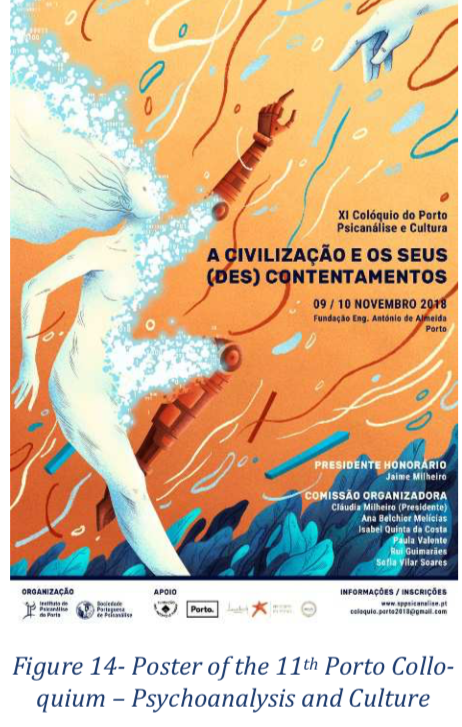 Also, every two years the Congresso de Psicanálise de Língua Portuguesa (The Portuguese Language Psycho- analytical Congress) is held, organised in collaboration with the Federação Brasileira de Psicanálise (FEBRAPSI) (The Brazilian Federation of Psychoanalysis)
Also, every two years the Congresso de Psicanálise de Língua Portuguesa (The Portuguese Language Psycho- analytical Congress) is held, organised in collaboration with the Federação Brasileira de Psicanálise (FEBRAPSI) (The Brazilian Federation of Psychoanalysis)
Within the scope of the work of the European Outreach Commitee of the I.P.A., annual courses have been organised on Sensitivity to Psychoanalysis and focus groups and supervision.
The trainers of the S.P.P. Have been collaborating with Pedopsychiatric and Psychiatric services in its training programs.
Throughout this year, Lisbon has been the stage for the conference Psychodynamics in Times de Austerity, organised by the group Psychoanalysis and Politics and by the XII Encontro Lacan at the I.P.A.
With the growth of the Portuguese Psychoanalysis Society, the psychiatrists from the north of the country, encouraged by Jaime Milheiro and Celeste Malpique amongst others, felt the need to create a local centre for psychoanalytic training which was formed in 1999 with the creation of the I.F.T.P. – Instituto de Formação e Terapêutica Psicanalítica do Porto (The Porto Institute for Psychoanalytic Training and Therapy) This Institute holds, every two years, the “Colóquios do Porto - Psicanálise e Cultura” (The Porto Colloquia - Psychoanalysis and Culture).
The vitality of psychoanalysis in Portugal is revealed by the growing interest from the public in the actions of training promoted by the S.P.P. and by its rejuvenation with joining in the last three years of 26 candidates and the increase in titular and associated members.
Text written by Isabel Margarida Pereira
Watch video presentation :
Portuguese Psychoanalytic Society (S.P.P). Board 2016-2019
President : Rui Aragão Oliveira
Vice-President : Maria da Conceição Tavares de Almeida
Secretary : José de Abreu Afonso
Treasurer : Isabel Margarida Pereira
Member :Raquel Quelhas Lima
President of Teaching Committee : Maria José Gonçalves
President of Institute of Psychoanalysis : Maria do Carmo Sousa Lima
President of the Porto Institute for Psychoanalytic Training and Therapy : Cristina Fabião